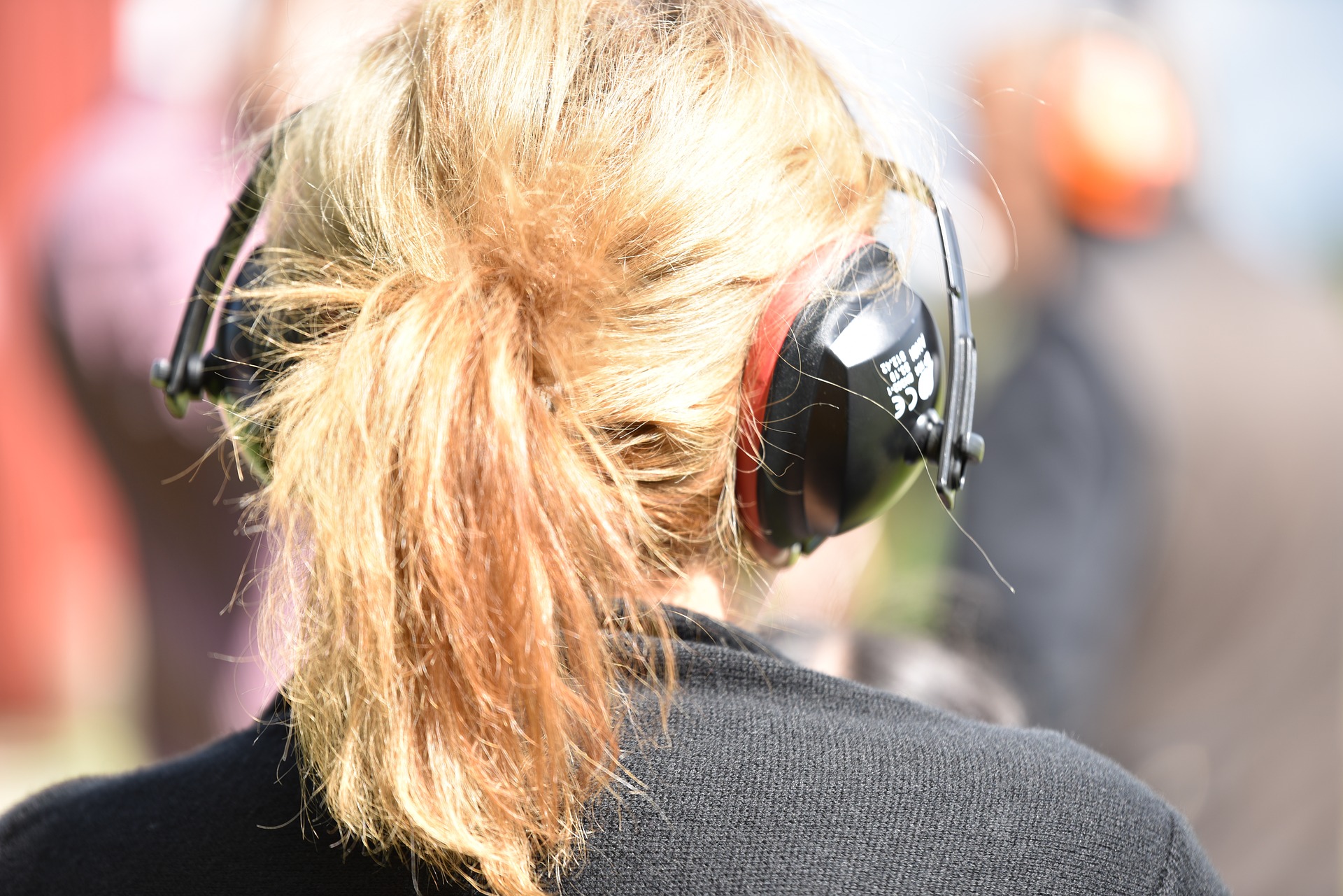As we grow older, hearing loss is something we will all have to deal with in one way or another. Human hearing deteriorates at different rates and severity for each of us. As members of the audio community, it is extremely important for us to keep our ears in tip-top condition for as long as possible. Here are a couple of tips to help your ears stay young and healthy.
Regular Ear Exams
Audio professionals should get their hearing checked at least once a year. Hearing tests can be done with your physician during your annual physical, or by making an appointment with an audiologist. If you are an avid industry convention attendee, chances are that there might be an audiology group providing free hearing screenings. This has been the case over the years with AES, NAMM, USITT, and even LDI to name a few. If circumstances prevent you from getting a hearing test in person, here are a few online options:
- Online Hearing Test and Audiogram Printout
- Nessa
- High-Frequency Range Test (8-22 kHz)
- https://www.starkey.com.
- Starkey
No Smoking
In 2019, Reuters News reported that smokers were 60% more likely to develop high-frequency hearing loss as compared to non-smokers. Studies show that nicotine and cigarette smoke interfere with the neurotransmitters responsible for delivering sound information to the brain, irritate the Eustachian tube and lining of the middle ear, and can even cause tinnitus. If you’re having a hard time quitting smoking, your physician can help map out a plan that works for you. There are also many free resources designed to assist with quitting smoking. Some of these are:
Ditch the Cotton Swabs
I have to admit that this one is hard for me. I hate the feeling of anything in my ears, including water, so I definitely gravitate toward the Q-Tips right after a shower, but this is probably the worst way to clean your ears. In fact, cotton swabs can make matters worse by pushing ear wax deeper into the ear, and they can even damage the eardrum. Physicians and audiologists suggest towel drying the parts of the ear you can reach, and then cleaning out ear wax with an at-home irrigation kit or over-the-counter ear drops to lubricate and soften ear wax to prevent it from hardening and plugging up the ear canal. If your ear becomes plugged with wax, and one of these methods is not doing the trick, your doctor can provide in-office irrigation. BTW, there is no science behind the effectiveness of ear candles, and actually, some studies have shown that ear candles can cause an increase in wax due to candle wax deposits. So, if you’re thinking that this will be a fun and natural solution for cleaning your ears, think again and stick with science.
Keep Them Covered
We all know that we need to be wearing earplugs or earmuffs at concerts, but loud music is not the only thing that will damage your ears. If you have to yell over a noise to be heard, it’s too loud for your naked ears. Construction sites, home power tools, electric yard tools, and even areas with high human population (farmer’s markets, shopping malls, airports) all produce consistent high noise levels. For more information on choosing the right hearing protection for you, check out one of these links!:
The National Institute for Occupational Safety and Health (NIOSH)
Hearing Protection for Musicians
SELECTING AND VALIDATING HEARING PROTECTION DEVICES PDF
These are just a few of the many things we can do to protect our ears. Remember, as audio professionals, our ears are our greatest asset, and we need to always remember to be our own advocate in protecting them. If you’re at a restaurant or bar that has loud music playing, it’s ok to ask an employee or manager to turn it down. We also have complete control over the electronics and tools we buy for our personal use. Most have a noise rating listed, and this can help inform what kind of device you want to have around your precious little moneymakers. We can’t stop the inevitable, but we can, and should, prolong it. Long live the ears.
